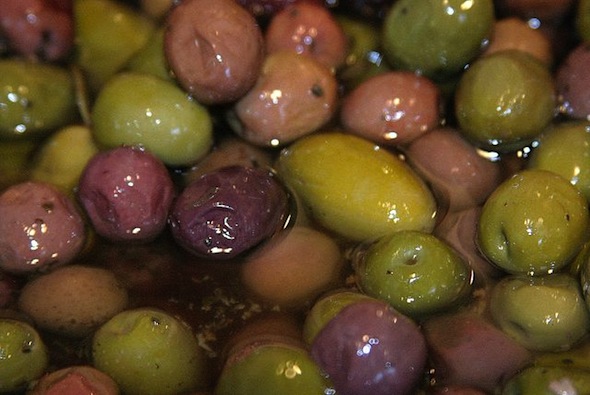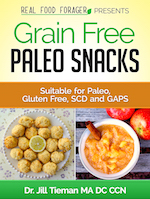Olive oil has been valued for centuries for it’s nutrient content and beneficial effects on health. There are actually hundreds of healthful compounds in olive oil some of which are phenols; which have anti-inflammatory, antioxidant and anticoagulant properties; monounsaturated fats which are known to be heart healthy; and the fat soluble vitamins E and K. While there are many types of olive oil to choose from, only the highest quality will offer the greatest health benefits. Let me explain.
There are three varieties of olive oil based upon how much processing the oil has undergone.
1 – Extra Virgin — this is considered the best as it is the least processed. It must come from the first pressing of the olives. It is made from young olives which have less acidity. This type of olive oil is guaranteed not to have any chemical solvents and it is rich in antioxidants and nutrients.
2 – Virgin — this oil is from the second pressing and is a lesser quality. It may also be somewhat bitter.
3 – Pure — this oil is refined olive oil that has had some extra virgin olive oil added to it. The refining process removes free fatty acids and this lowers acidity. However, the antioxidants and the vitamins such as vitamin E are also removed. Pure olive oil is sometimes labeled as just “olive oil”.
There is also “light” olive oil on the market. This is simply a marketing gimmick. It is not a real classification and it is completely unregulated. This type of olive oil may be cut with other less desirable oils.
There is also unfiltered extra virgin olive oil. Studies show that the pulp in the unfiltered oil has anti-inflammatory benefits as well as good preservation of enzymes.
Clearly, the most desirable variety to purchase is the organic, unfiltered, extra virgin olive oil. However, even with this classification, you must be careful of the following:
The oil must be processed in a certain way. Even extra virgin oils are exposed to heat when processed by pressing. This procedure may generate heat up to 200 degrees F or higher., even when it says “cold pressed”.
The traditional method of slow grinding by hand does not produce heat and the more modern method of centrifuging the oil is also a low heat method. These low heat methods are what you want in an oil.
What is the problem with a little heat in the production of the oil? The heat destroys the enzymes and other delicate nutrients like vitamin E. What this implies is that extra virgin olive oil should not be used in cooking. The heat will break down all the delicate nutrients and enzymes inherent in a quality raw oil.
Cook with saturated fats like butter, tallow and lard, which stand up to heat well. As a bonus, drizzle extra virgin olive oil over already cooked and other cold foods for flavor and nutrients.
The best quality olive oil will have five features:
- It should be extra virgin olive oil from the first pressing.
- It should be from young olives.
- It should be certified organic so that there are no pesticides or herbicides.
- It should be centrifuged or extracted without heat.
- It should be unfiltered, however, this may shorten the shelf life and is harder to get.
This high quality olive oil should be stored out of direct light as light and heat will promote rancidity.
Where to buy high quality extra virgin olive oil.
Which olive oil do you prefer? Leave a comment and let me know!














